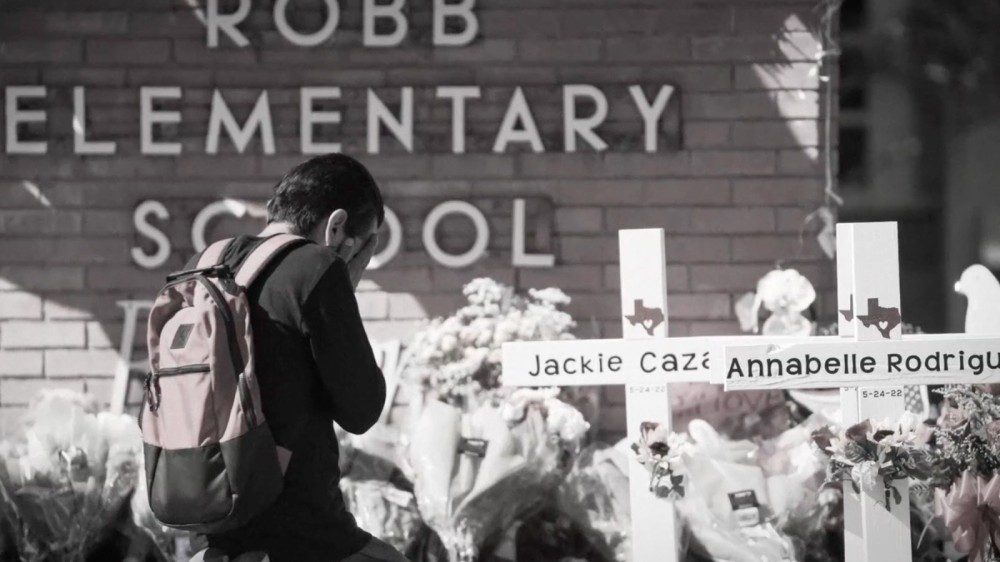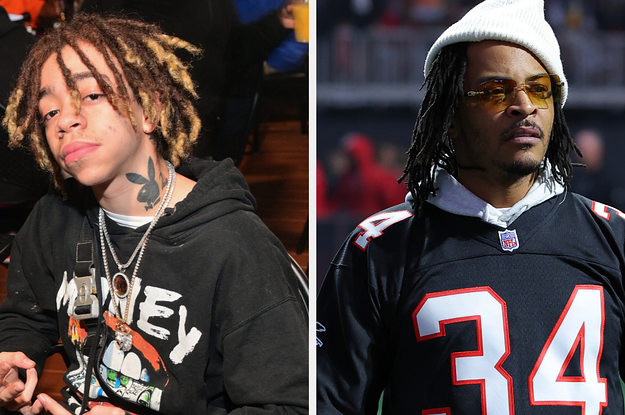
Why Did the 2021 Grammys Snub the Weeknd?
It’s a beautiful day in Grammy land — if you’re Beyoncé, Dua Lipa, Roddy Ricch, Phoebe Bridgers, or any of the other artists who deservedly cleaned up when nominations for the 2021 awards were announced. For many others across the world of music, it’s time to call their managers, take a hard look in the mirror, and/or cry out to the heavens in despair and ask how the Recording Academy could have ignored their work. (Anyone who released music between September 1st, 2019 and August 31st, 2020, and filled out the proper submissions paperwork, was eligible.)
Here are five of the most notable and egregious snubs in this year’s nominations.
The Weeknd
The Weeknd had one of 2020’s biggest hit albums (After Hours) and one of its most successful singles (“Blinding Lights”), yet he wound up with a glaring total of zero nominations. That’s surprising enough considering his past Grammys track record (three wins, 10 nominations). What makes it even more bizarre is that he’s been sweeping other award shows left and right this year. Just this past week, Abel Tesfaye cleaned up the Soul/R&B categories at the American Music Awards, and “Blinding Lights” took home both the Best R&B trophy and Video of the Year at the MTV VMAs.
The complete snub might have to do in part with this year’s switch-up in how the Recording Academy classifies its R&B categories. In June, amid protests over the police killing of George Floyd, the Grammys announced that they were renaming the Best Urban Contemporary Album award, in which Tesfaye has won two out of his three past awards, to Best Progressive R&B Album. But the name change did little to address the substance of the criticisms that artists including Tyler, the Creator had leveled at the category, calling it a “catchall” for black artists whose music bears very few genre similarities.
In his September cover story for Rolling Stone‘s special Grammy preview issue, Tesfaye echoed those same criticisms: “R&B and black music is such a wide variety. If they put us all into one category, I still think it’s not fair. We’ll see how it goes.” As After Hours wasn’t nominated in the Progressive R&B category nor the pop or general categories, it’s hard not to wonder if his comments played into the voters’ decision to leave him out entirely.
Hip-Hop
The Grammys have arguably been snubbing rap music since the genre existed. (Categories recognizing the genre didn’t exist at all before 1989, and the first hip-hop album to win overall Album of the Year was The Miseducation of Lauryn Hill a decade later.) This year, neither Lil Baby’s My Turn nor Lil Uzi Vert’s Eternal Atake have been nominated for Album of the Year, despite both ranking among the year’s most streamed and critically celebrated releases. In fact, no hip-hop album released between September 2019 and August 2020 apparently rose to the Academy’s standards for an Album of the Year nomination — unless you count Post Malone’s poppy, guitar-driven smash Hollywood’s Bleeding. If that album was meant to check off the box for rap music, that says all we need to know about the Recording Academy’s understanding of the most popular genre in the world, or lack thereof.
The genre-specific rap categories aren’t much better this year: While rappers like Freddie Gibbs, Nas, and Jay Electronica all deserve their Best Rap Album nominations, it’s clear that the Grammys are having trouble keeping up with the new generation at rap’s forefront.
The Highwomen
The four members of the Highwomen — Brandi Carlile, Maren Morris, Amanda Shires, and Natalie Hemby — have 24 career Grammy nominations and seven wins among them, which should have translated to a wave of nominations for their country/Americana supergroup. Instead, the Highwomen came up with just one: a Best Country Song nomination for “Crowded Table,” written by Carlile, Hemby, and Lori McKenna. It’s a great song about unity and representation, but there’s so much more to the band’s Dave Cobb-produced debut: The nimble rewrite of Jimmy Webb’s title track, the gay country love song “If She Ever Leaves Me,” and the aching “My Name Can’t Be Mama,” for starters. But perhaps the album was a victim of bad timing. The Highwomen was released September 6th, 2019, just five days into the eligibility period. It may as well have been an eternity.
Jason Isbell
Jason Isbell has been a shoo-in for the Grammy Awards during his last two album cycles, with Something More Than Free and The Nashville Sound both winning Best Americana Album honors. It’s actually shocking not to see his name in the category this year for 2020’s Reunions, given that he’s only grown in stature, both as a musician and as a Very Good Twitter Follow, since his last win. There’s been no appreciable dip in quality from the previous albums on Reunions, which boasts his usual top-tier songwriting (see also “Only Children”) along with more textured, exploratory guitar work (see also “Overseas”) and Dave Cobb’s warm, enveloping production. He’s already one of the greats, and he should be recognized as such.
Bob Dylan
Bob Dylan has had a hard time getting the Grammys to take him seriously lately. The three albums of pop standards he released in the late 2010s were each nominated for Best Traditional Pop Vocal album, only to lose to two Tony Bennett records and Willie Nelson’s Gershwin tribute. His last album of original songs, 2012’s Tempest, was ignored entirely. So perhaps it’s no surprise that this year’s Rough and Rowdy Ways got blanked, too. But Rough and Rowdy Ways isn’t just any late-period Dylan album — even critics who zoned out on some of his other recent releases have celebrated this one as his best in years, a rich, multi-faceted classic that leaps well beyond Tempest and even 2006’s Modern Times (which netted Dylan’s last Grammy win, in the Best Contemporary Folk/Americana Album category) and breaks new ground for Dylan’s songwriting in the 21st century. To his fans, Rough and Rowdy Ways should have stood a shot at Album of the Year; leaving it with zero nominations of any kind, in any category, feels like an insult.





